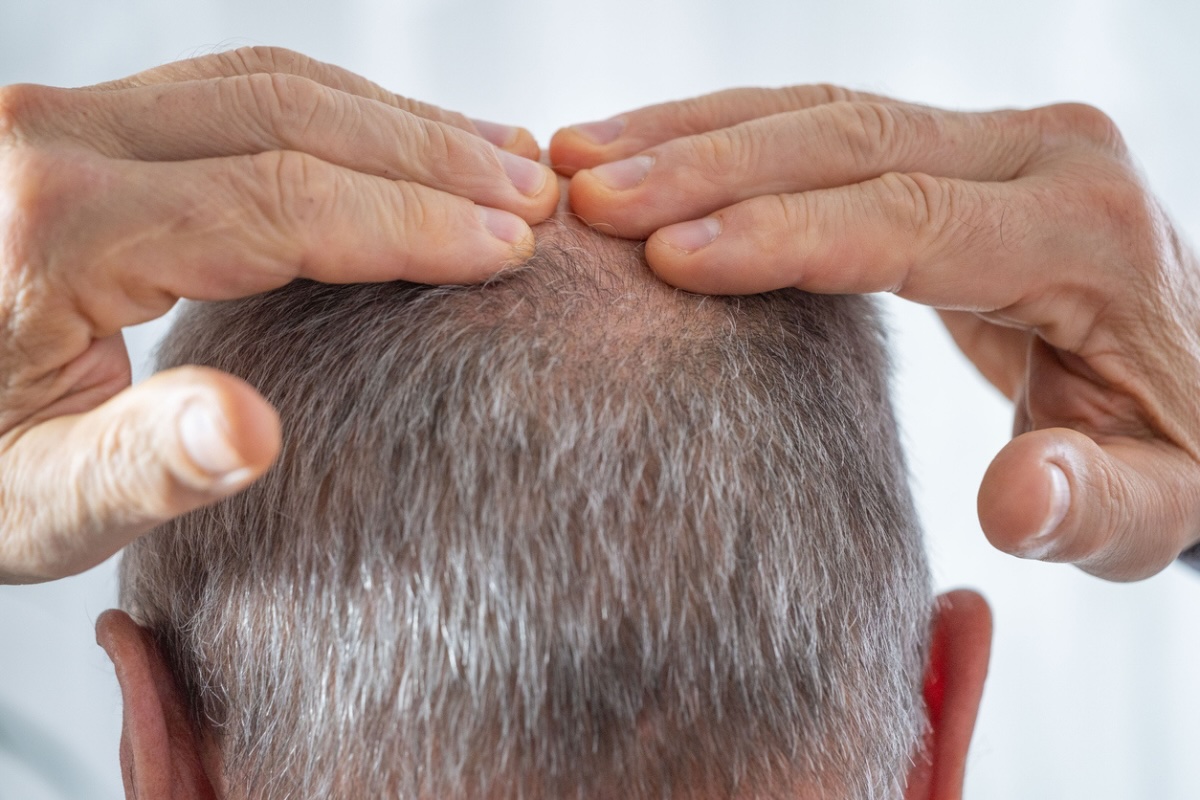An independent advisory panel to the U.S. Food and Drug Administration (FDA) voted overwhelmingly against the use of MDMA – or ecstasy – to treat post-traumatic stress disorder (PTSD) survivors.
The specific treatment in question included a Lykos Therapeutics pharmaceutical midomafetamine variant along with psychological intervention.
In a 9-2 vote, the Psychopharmacologic Drugs Advisory Committee rejected Lykos’s claim that recent drug trials showed that the hybrid treatment is effective. The committee also shared doubts about the risks involved.
“We are disappointed in today’s vote given the urgent unmet need in PTSD and appreciate that the committee faced a challenging and atypical assignment, which was to evaluate a therapeutic approach that combines drug therapy (MDMA) and psychological intervention,” Lykos CEO Amy Emerson responded in a press release. “We remain committed to working with the FDA to address outstanding questions so that we may find a path forward to ensure the responsible and careful introduction of MDMA-assisted therapy into the healthcare system if approved.”
While the committee’s recommendation isn’t binding, the agency typically follows its lead.
“Given the constraints posed by current accepted and FDA-approved treatments, researchers are actively exploring new modalities for treating PTSD,” Michael Louwers, MD at The Reset Medical and Wellness Center, explained. “Among these, MDMA-assisted therapy has garnered attention for its innovative approach. While initial trials show promise, it’s crucial to exercise caution and prioritize safety and efficacy when considering any new treatment, especially given the potential for significant side effects. Furthermore, most studies comparing MDMA to conventional treatments like medications, psychotherapy, or EMDR reveal limitations.”
Panel Raises MDMA Trial Concerns
The committee pored over the data from a pair of double-blind, placebo-controlled, Phase 3 studies that Lykos published in the journal Nature Medicine. What the panelists saw raised some doubts.
During the meeting, committee members posed questions about the findings, raised concerns over abuse (and a lack of safeguards to prevent it), and the efficacy of the psychology behind the follow-up therapy sessions.
“It seems like there are so many problems with the data,” committee member and VA Maryland Health Care psychologist Melissa Barone told NPR. “Each one alone might be OK, but when you pile them up on top of each other…”
Others wondered aloud about accusations of misconduct and bias that might have influenced the study results – claims the FDA is already investigating.
For example, FDA briefing documents explained that because of the dramatic effects of the drug, double-blinding is challenging as best. The regulators wrote that about 90 percent of those assigned MDMA and 75 percent of those who received a placebo accurately figured out which group they were in.
“While the recent FDA report raises valid concerns about the use of MDMA, including potential abuse and side effects, it’s crucial to recognize the need for diversity in therapeutic approaches to mental health,” Freespira CEO Joe Perekupka said. “We believe that while developing novel treatments to address mental health disorders, it is equally important to fully utilize the treatments currently available.”
Vote Echoes Earlier Criticisms
The comments aired during the committee meeting echoed earlier, albeit more pointed, critiques from an Institute for Clinical and Economic Review (ICER) report in March.
ICER interviewed multiple participants – and others involved in the study – and found that most of them had been psychedelic advocates.
“Concerns have been raised by some that therapists encouraged favorable reports by patients and discouraged negative reports by patients including discouraging reports of substantial harms, potentially biasing the recording of benefits and harms,” the report’s authors wrote.
PTSD Isn’t Limited to Veterans
While most people associate PTSD with soldiers and the trauma of combat – and most cases do involve veterans – the National Center for PTSD reports that roughly 6 percent of the U.S. population will suffer PTSD at some point in their lives.
Notably, one recent study found that cases of PTSD – along with acute stress disorder (ASD) – among college students have more than doubled since 2017.
“Factors contributing to this rise may include pandemic-related stressors (eg, loss of loved ones) and the effect of traumatic events (eg, campus shootings, racial trauma),” the researchers wrote.
Worse still, at least 80 percent of PTSD patients live with additional mental health conditions while they’re also at greater risk for physical health problems and relationship conflicts.
Lykos expects the FDA to decide by Aug. 11, citing the Prescription Drug User Fee Act timeline.
Further Reading
Nonprofit Not Ecstatic About MDMA’s Ability to Treat PTSD
Can Dogs Predict PTSD Flashbacks?
VA Fights Its Own History With Early Success of Suicide Prevention Program



